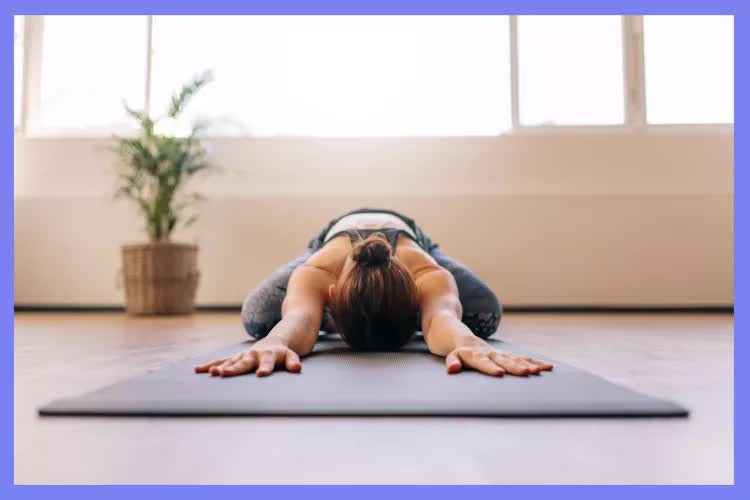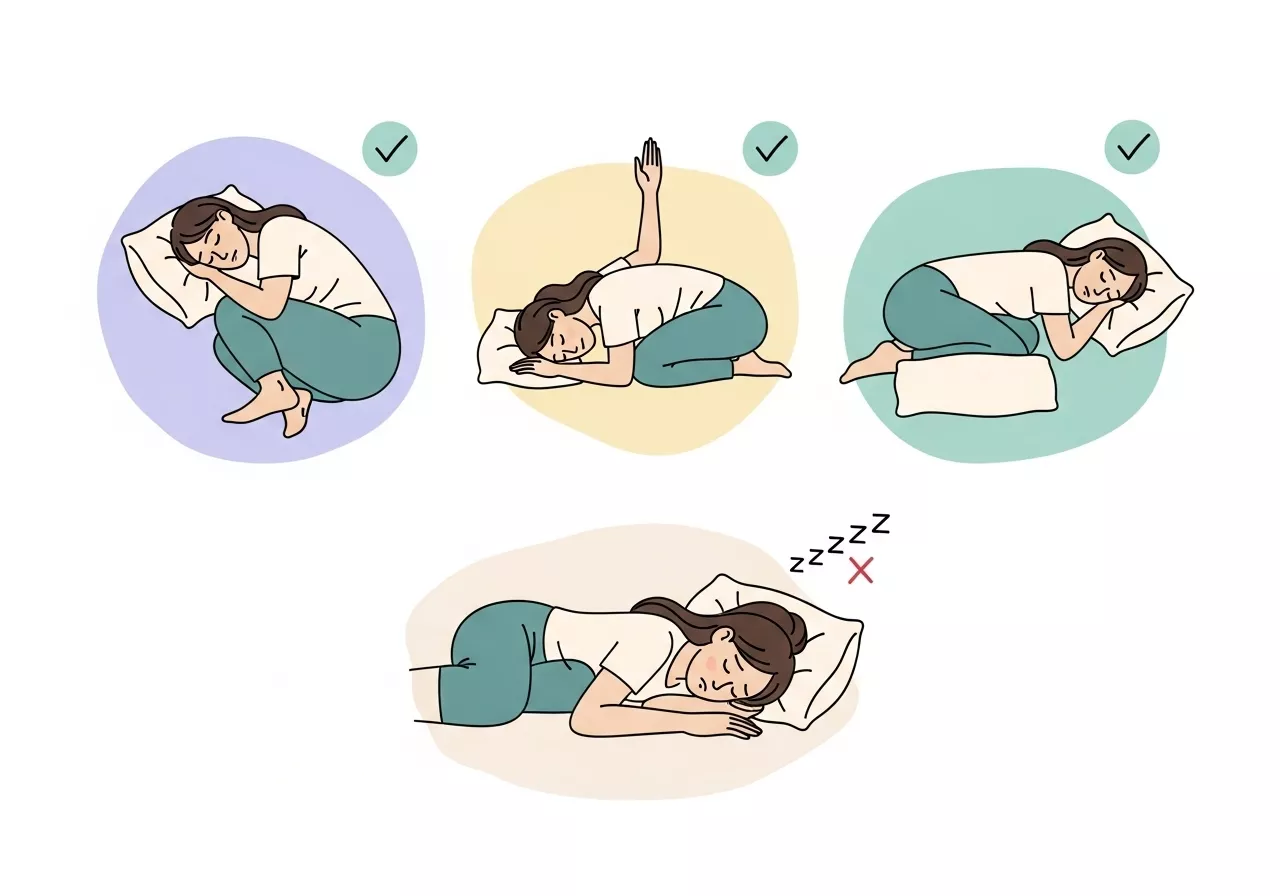Yin Yoga is a gentle, slow-paced practice that emphasizes long-held postures to target deep connective tissues, promoting relaxation and flexibility.
Unlike more dynamic yoga styles, Yin Yoga involves holding poses for extended periods, typically between three to five minutes, allowing practitioners to access deeper layers of fascia and ligaments.

This meditative approach not only enhances physical suppleness but also fosters mental calmness and introspection.
Benefits of Yin Yoga
Yin Yoga is a deeply therapeutic practice that offers a range of physical, mental, and emotional benefits.
By emphasizing stillness and long-held postures, this style of yoga goes beyond surface-level stretches, targeting deep connective tissues and fostering holistic well-being.
Below is a detailed exploration of its key benefits:
1. Improved Flexibility and Joint Health
Yin Yoga focuses on stretching and lengthening connective tissues, including fascia, tendons, and ligaments.

By holding poses for three to five minutes—or even longer—this practice encourages the gradual release of tension in areas that are often overlooked in more dynamic yoga styles.
Over time, this improves overall flexibility and joint mobility, making it particularly beneficial for individuals with stiffness or limited range of motion.
Additionally, the sustained pressure in certain poses stimulates synovial fluid production, which lubricates the joints, promoting better movement and reducing the risk of joint degeneration.
2. Enhanced Circulation and Energy Flow
Prolonged holds in Yin Yoga poses help stimulate blood flow to deeper tissues and joints, ensuring better nutrient delivery and waste removal.
This improved circulation can alleviate stiffness, reduce inflammation, and promote healing in areas of chronic tension.

Yin Yoga is also closely aligned with traditional Chinese medicine principles, particularly the concept of meridian lines (similar to energy pathways).
Certain poses are thought to unblock these pathways, enhancing the flow of Qi, or life force energy, which can improve vitality and overall balance in the body.
3. Stress Relief and Relaxation
One of the hallmark benefits of Yin Yoga is its profound ability to reduce stress and induce relaxation. The practice activates the parasympathetic nervous system—often referred to as the “rest and digest” state—which counters the effects of chronic stress and anxiety.

The slow, meditative nature of Yin Yoga encourages practitioners to focus on their breath and bodily sensations, fostering mindfulness.
This helps to quiet the mind, relieve mental tension, and create a sense of inner calm that extends well beyond the mat.
4. Improved Emotional Resilience
Yin Yoga provides a unique opportunity to process emotions and cultivate emotional balance. Holding poses for extended periods can bring up feelings that have been suppressed or overlooked, allowing you to confront and release them in a safe, supportive environment.

The practice’s emphasis on stillness and introspection encourages self-awareness and acceptance, helping practitioners build resilience and develop a more balanced emotional state.
Over time, this emotional clarity can improve relationships, decision-making, and overall mental well-being.
5. Better Balance in Fitness Routines
Yin Yoga serves as an excellent complement to more intense, yang-style activities such as running, weightlifting, or Vinyasa yoga.

While these high-energy practices focus on strengthening and conditioning muscles, Yin Yoga emphasizes passive stretching and joint care.
Incorporating Yin Yoga into your routine helps to counteract the stress and strain from vigorous exercise, promoting recovery and preventing injuries.
It creates a well-rounded fitness regimen that supports both physical and mental health.
6. Improved Sleep Quality
Regular Yin Yoga practice can enhance the quality of your sleep by calming the nervous system and reducing stress hormones like cortisol.
Evening Yin sessions, particularly those focused on forward folds or reclined poses, prepare your body for restful sleep by encouraging relaxation and releasing tension in commonly tight areas like the lower back and hips.

Whether you’re looking to enhance your flexibility, manage stress, or find a deeper sense of balance in your life, Yin Yoga offers a holistic approach to physical and mental well-being.
Its emphasis on long-held poses and mindfulness allows you to access profound benefits that extend far beyond the mat.
Incorporating Yin Yoga into Your Routine
To integrate Yin Yoga into your practice, begin with a few sessions per week, focusing on different areas of the body.
Utilize props like bolsters, blankets, and blocks to support your body in each pose, ensuring comfort and safety.
Remember to listen to your body and avoid pushing into pain; the goal is to find a gentle edge and maintain stillness.
What to Expect in a Yin Yoga Class
Classes typically start with a brief meditation to center the mind. Each pose is then held for several minutes, with instructors guiding you to focus on your breath and bodily sensations.
The atmosphere is calm, often accompanied by soft music, creating a serene environment conducive to deep relaxation.
Incorporating Yin Yoga into your fitness regimen can provide a harmonious balance to more vigorous activities, offering a pathway to physical ease and mental tranquility.



